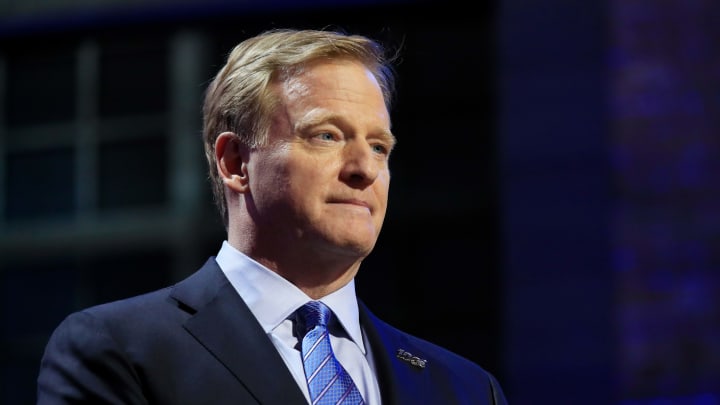Commissioner Exempt List Explained
By Michael Luciano

The NFL's "commissioner exempt list" is once again all over the news thanks to New England Patriots wide receiver Antonio Brown, who was almost placed on it amid allegations that he raped and sexually assaulted a former personal trainer in 2017 and 2018.
From the personal conduct policy, here is the explanation and exact language on why a player may be put on the Commissioner’s Exempt list. pic.twitter.com/Sl8Qn4j9Pv
— Ian Rapoport (@RapSheet) September 13, 2019
Players can only be placed on the exempt list by Goodell himself, and can end up on this list by either committing a felony offense or a "crime of violence", which sexual assault would fall under.
A player on the exempt list is still on the team's roster. While he is not allowed to practice or attend games, he can still be present at the facility and participate in meetings.
The latest player to end up on this list is Cleveland Browns running back Kareem Hunt after a video surfaced of him kicking a woman. In recent years, Reuben Foster, Josh Brown and Greg Hardy have all done time on this list.
Breaking: The NFL has placed Chiefs running back Kareem Hunt on the Commissioner Exempt list after video surfaced Friday of him shoving and kicking a woman in February. As a result, he may not practice or attend games. pic.twitter.com/YWAMxlBGeW
— SportsCenter (@SportsCenter) December 1, 2018
If you end up on this list, you've likely done something very serious which needs to be further investigated by the likes of Goodell and the NFL to avoid tarnishing the reputation of the shield.